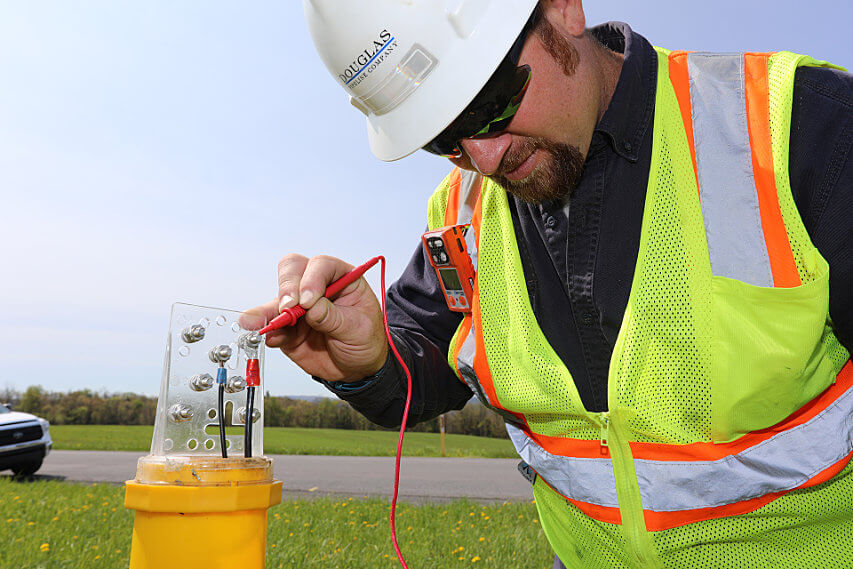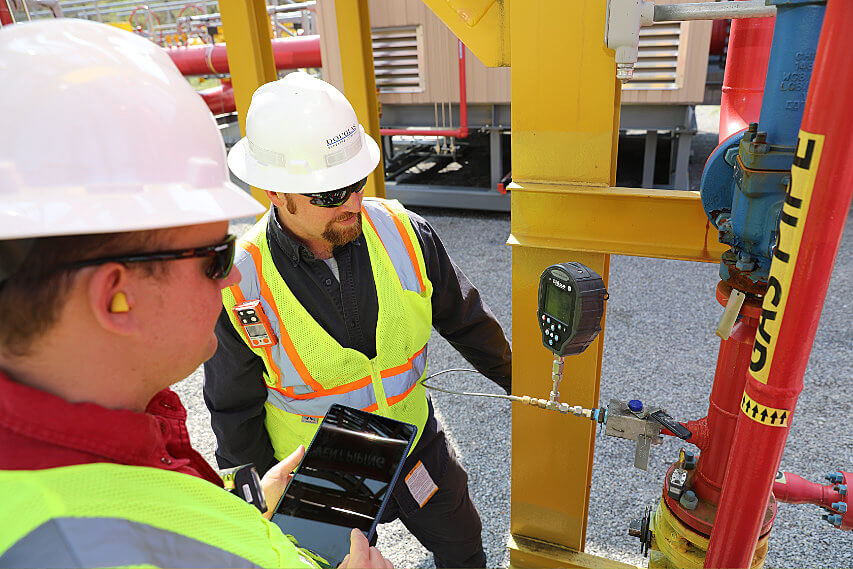Natural gas is the cleanest burning fossil fuel. It is transported silently, safely, and efficiently through an extensive network of interstate pipelines in the U.S., of which we are apart.
Safety facts about natural gas:


Natural gas pipelines are the safest method of transporting energy, and these pipelines are part of the critical infrastructure of the U.S. energy grid. The pipelines lie underground, virtually unseen as they deliver large volumes of gas to their customers. Our pipelines are among those transporting that energy and we monitor them regularly.
Safety is our number one concern. We care about your safety, the safety of your family, friends, and co-workers.
We also depend on government and safety officials and the people who live and work near our pipelines to notify us about potential damage, right-of-way issues, or suspicious activity.
Together, we can take precautions that will keep America's energy supply safe and reliable.

If you believe you are in a pipeline emergency situation, ensure your own personal safety by moving to a safe place—then call 9-1-1 or an emergency number that you see on a pipeline marker.
If you're planning a project involving digging or any type of ground disturbance including building a fence, planting a tree, or installing a swimming pool, it's essential to call 811 before you dig to have underground utilities located and marked.
811 is the national call-before-you-dig phone number. Having utilities located and marked is a free service and protects you, your family, and your property during digging and excavation projects. Anyone who plans to dig should call 811 or go to their state 811 center's website before digging to request that the approximate location of buried utilities be marked with paint or flags so that you don't unintentionally dig into an underground utility line.
In many states, the law requires you to call 811 or your local One-Call center at least two to three business days before starting a digging or ground disturbance project to have pipelines and underground utilities properly marked.
Remember, you should always call 811 at least two working days before digging, wait to have the lines marked, dig with care, and immediately report any dents, scratches, or damage to a pipeline or underground utility to the utility owner.
